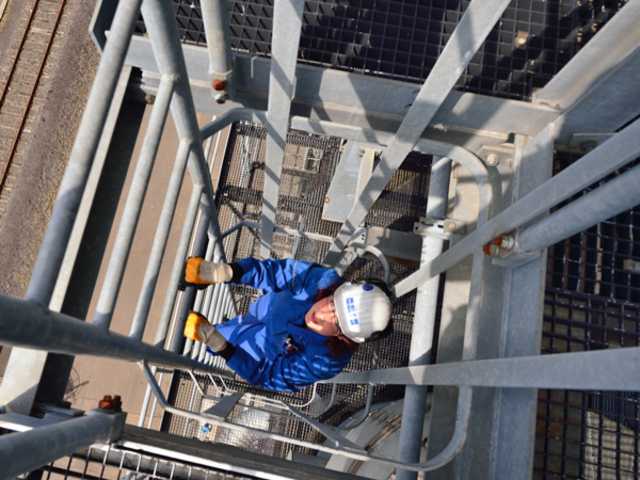Policies and commitments
Find our latest policy and code documentation.

As a signatory to the UNGC, INEOS has pledged to uphold internationally proclaimed human rights and work against corruption in all its forms.
All our businesses and employees are expected to follow our Code of Conduct based on international standards, which is available on our website in multiple languages. The code seeks to ensure ethical business standards are met across the group in relation to bribery and corruption, fair competition, international trade and sanctions, financial practices, political activity, and intellectual property. Each INEOS business board is responsible for ensuring it operates within the law at all times and that employees adhere to the Code of Conduct.
To support enforcement of the code, a compliance manager is nominated within each business to help the board implement compliance initiatives and administer training. Each business provides training in four compliance areas: i) bribery and corruption, ii) forced labour and child labour, iii) anti-competitive behaviour, and iv) trade law infringement. Training must be provided to all employees at risk in each area, including board-level personnel.
In 2024, INEOS strengthened its Speak Up system, which enables internal and external stakeholders to report concerns about suspected unlawful, unethical, or non-compliant behaviour in relation to our Code of Conduct. Appropriate action is taken in response to all credible reports. The system allows for anonymous reporting 24/7 via an independent website or toll-free phone line, available in multiple languages. We maintain strict confidentiality and do not tolerate retaliation against whistleblowers.